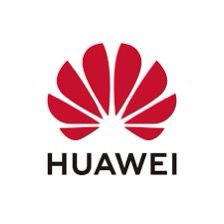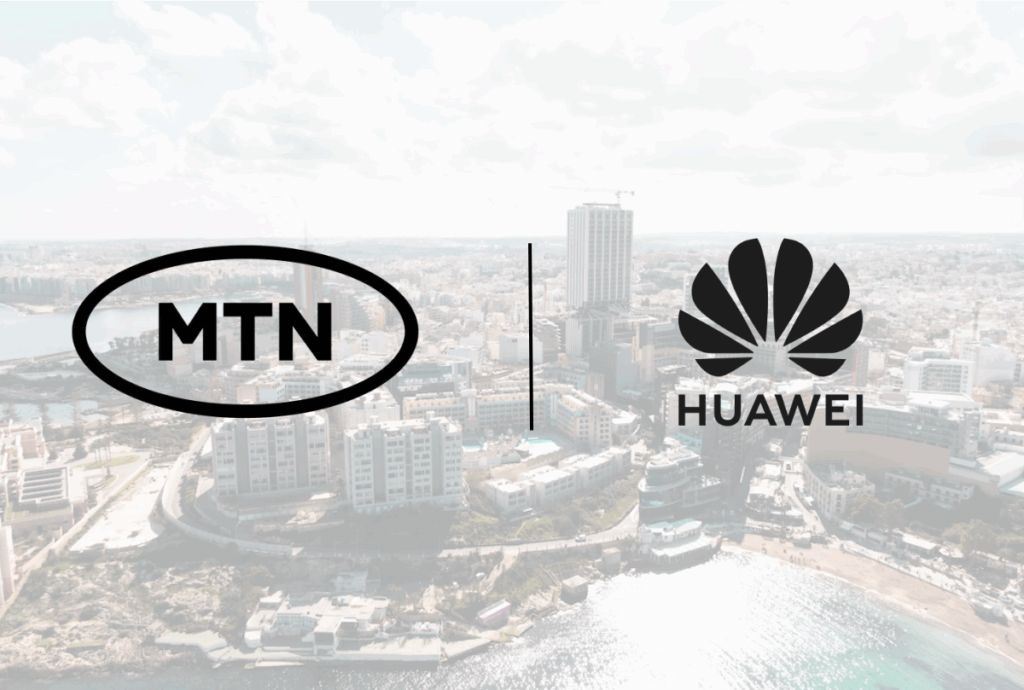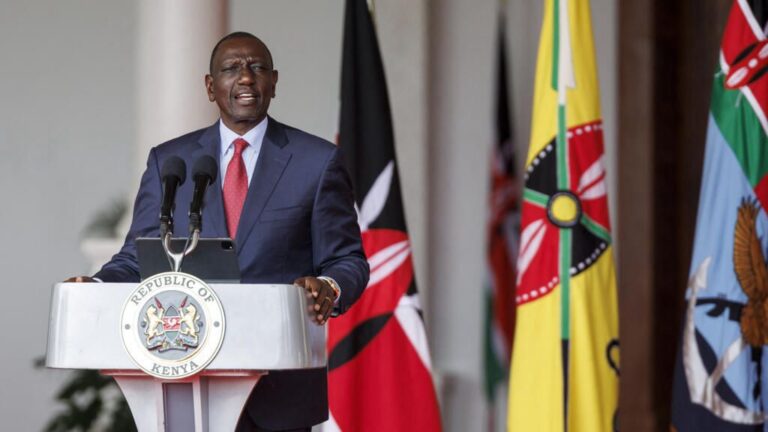In a significant leap forward for Nigeria’s digital infrastructure, MTN Nigeria, in a strategic collaboration with global ICT leader Huawei, has successfully launched the nation’s first high-speed 400G-800G Hybrid Automatically Switched Optical Network (ASON).
This groundbreaking deployment, the first of its kind in Nigeria and a benchmark for West Africa, is set to revolutionize broadband capacity, deliver unprecedented speeds, and enhance the resilience of the country’s high-traffic corridors.
The core of this transformative upgrade lies in a dual-layered approach to optical switching—L0 + L1 ASON—now live on MTN’s extensive Lagos Dense Wavelength Division Multiplexing (DWDM) backbone. This sophisticated system not only introduces Nigeria’s first single-wavelength 800G optical channel but also positions MTN at the forefront of optical innovation on the continent.
Leveraging Huawei’s cutting-edge 400G/800G platforms, including Optical Cross-Connect (OXC) and hybrid ASON technology, the new network is engineered to efficiently handle the explosive growth in data consumption while simultaneously streamlining operational complexity. This robust infrastructure is designed to be future-ready, addressing the escalating demands of cloud computing, enterprise platforms, consumer broadband, and mobile experiences.
However, for businesses across Nigeria, the implications are profound. The ultra-high bandwidth of 800G Ethernet, doubling that of 400G, will significantly accelerate data-intensive operations such as: real-time analytics, and large-scale data transfers for cloud-based services. This translates to enhanced performance, minimized latency, and improved operational efficiency, offering a substantial return on investment (ROI) for enterprises.

Yahaya Ibrahim, Chief Technical Officer of MTN Nigeria, emphasized the strategic importance of this milestone. “This achievement enables MTN Nigeria to meet its growing capacity demands and significantly improve the performance of our wireless, home broadband, and enterprise services,” he stated. “With higher-capacity optical channels like 400G/800G, we can reduce cost per bit while boosting service reliability. The deployment of Hybrid ASON remarkably enhances the stability of 100GE and higher services, ensures upstream connectivity, and safeguards MTN’s revenue streams.”

This deployment aligns seamlessly with Nigeria’s broader digital economy ambitions, reinforcing national goals around inclusive access and digital resilience. As data demands continue to climb, intelligent optical transport networks are recognized as central to unlocking future economic growth and fostering innovation.
The new network’s features, such as adaptive routing and automated recovery, will ensure more stable and reliable connectivity, crucial for businesses that depend on uninterrupted digital operations. Furthermore, the simplified network architecture, achieved by integrating multiple lowspeed links into a single high-speed one, will reduce complexity, maintenance costs, and improve overall system reliability.
Meanwhile, MTN Nigeria has been making significant investments in its network infrastructure, including a substantial capital expenditure of ₦202.4 billion in Q1 2025 for network expansion and the recent unveiling of a Tier 3 Data Centre in Lagos, named the Dabengwa Tier 3 Data Centre. These investments underscore MTN’s commitment to building a robust digital foundation for Nigeria, enabling businesses, entrepreneurs, and communities to thrive and compete globally.
The collaboration with Huawei, a leader in optical network technology, ensures that MTN Nigeria is deploying state-of-the-art solutions that not only provide high capacity and scalability but also offer cost efficiency and operational simplicity. This partnership positions Nigeria among a select group of markets pushing the boundaries of optical innovation, demonstrating that Africa’s digital transformation is not just catching up, but actively defining what comes next.













